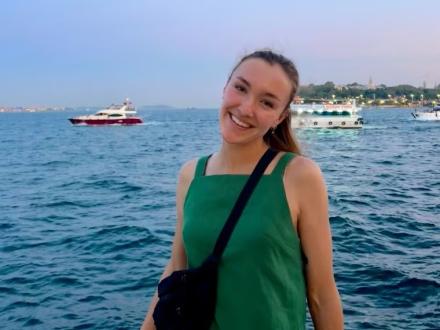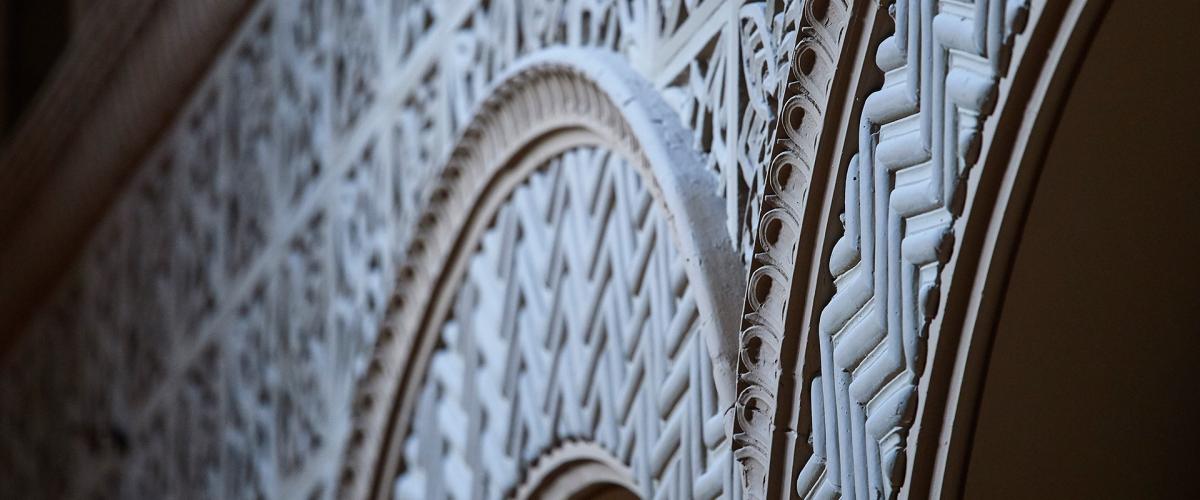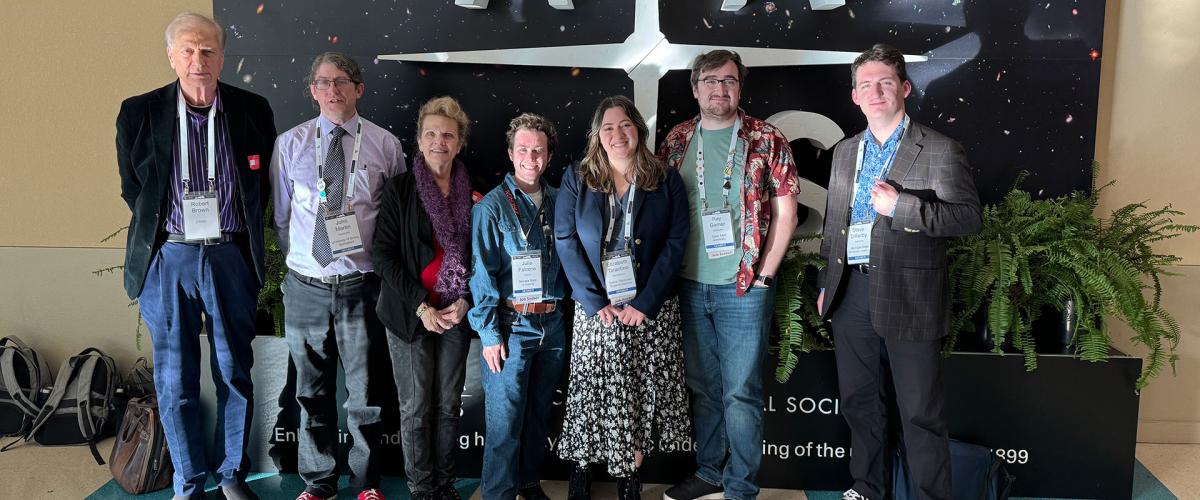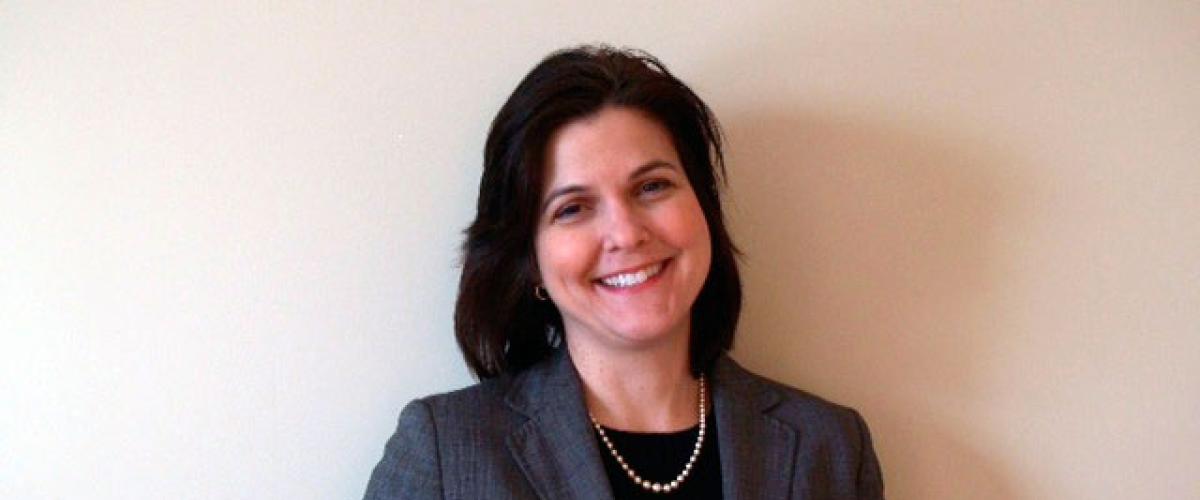
Spartan Showcase: Regan Gee
Before beginning graduate school, Regan Gee took a gap year to get to know her local community on a different level. To do that, she decided to participate in the AmeriCorps VISTA program, where she had the opportunity to teach at a primarily Indigenous-serving K-8 school near where she grew up in the Southwest U.S.
She had no idea just how transformative that experience would be.
Now a fifth-year PhD student in medical anthropology at Case Western Reserve University, Gee returned to the school to conduct fieldwork through a community-based participatory research project exploring student wellness programs.
“I never would have guessed that it would have led me to some of the most meaningful relationships, and work, of my life!” Gee said of her VISTA program.
Gee’s research model heavily emphasizes community and reciprocal relationships. She continues to collaborate with school employees to give them a direct say in important study decisions to ensure cultural respect and authenticity.
“I firmly believe that communities should benefit just as much, if not more, from academic research in comparison to what the researcher gets out of it,” said Gee, who completed a bachelor’s degree at the University of Arizona and master’s at the University of Oxford before coming to CWRU in 2021.
Together, Gee and her collaborators consider how western and Indigenous beliefs coalesce to shape student wellness programming, engaging in discussions on how culture, history, and power define what is “healthy” and “unhealthy.”
To further benefit the community, Gee also spent time teaching while conducting research. She worked alongside the school guidance counselor and a wellness committee to develop lessons and activities to teach the school’s wellness class, informed in part by her research findings.
Gee completed her fieldwork earlier this year and will now travel to the University of Harvard as a Cora Du Bois Fellow to complete the historical portions of her dissertation. She will dig into the materials at the Tozzer Library’s anthropology archives to closely examine the colonial history of Indigenous education and anthropology in the Southwest.
Once complete, she hopes to graduate in May with her PhD and pursue a career in academia.
Read more about Gee’s research.
Answers have been lightly edited for clarity and length.
1. What initially drew you to CWRU?
My undergrad mentor from the University of Arizona recommended CWRU’s medical anthropology program; she said it was excellent.
2. What interested you in your area of study?
To me, the first and most formidable barrier to people being able to live fulfilling lives is their health and wellbeing. Medical anthropology allows me to study the intersections between culture, systems of power and wellbeing through direct collaboration with communities. I love being able to learn about other peoples’ perspectives, and work together with them to address their health goals.
3. How did you come up with this topic and what makes it meaningful for you to pursue?
I actually worked as an AmeriCorps VISTA at this school back in 2018–19, and formed deep relationships with my students and coworkers during that time. We stayed in touch and years later, I reached out to see if they’d like to collaborate on a research project together.
I felt very strongly that, as a white woman who has lived my whole life on stolen land, I should do my part to amplify the voices of my Indigenous students, friends, and colleagues somehow. It has been a privilege to return and reunite with so many of my school family members in this way.
4. So far, what have you found through your research?
Community and communal health are integral parts of student wellness. Both Native and non-Native employees overwhelmingly cite relationships as being a key wellness-promoting factor among students, and students also often reflect on their wellness in terms of their friendships with one another, their responsibilities to their families, and their broader connections to their tribes, religions, animals, and land. This perspective is, in large part, in alignment with local Indigenous cultural values, which often emphasizes connectedness and reciprocity.
5. What applications do you think this could have?
Western medicine tends to position people as discreet, detached individuals—our wellness is generally thought to be shaped by exercise, diet, self-care routines and pharmaceuticals. However, an Indigenous lens invites us to think of our relational wellness—who are we connected to? Who (and what) do we care for? Integrating this perspective into student wellness programming elsewhere (with both Indigenous and non-Indigenous students) could promote increased resiliency, especially in communities experiencing health disparity.
6. Have you had any particularly memorable experiences come out of this work?
I beat all of the middle school boys in a race one day, much to their shame. All jokes aside, every single day I got to spend with those kiddos was a gift. I love them very much.




